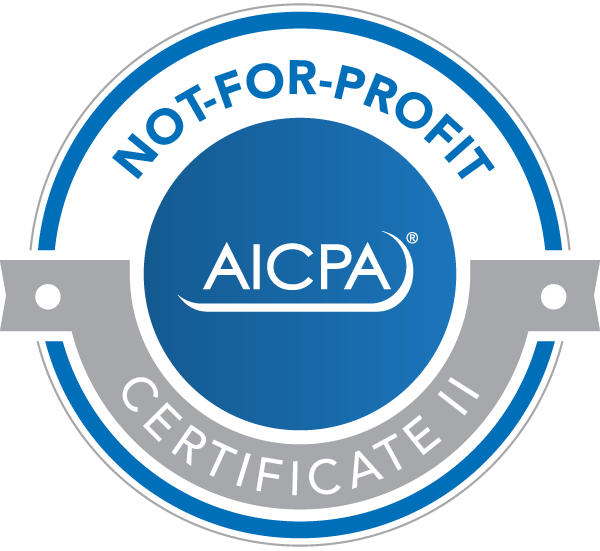During your working days, you pay Social Security tax in the form of withholding from your salary or self-employment tax. And when you start receiving Social Security benefits, you may be surprised to learn that some of the payments may be taxed.
If you’re getting close to retirement age, you may be wondering if your benefits are going to be taxed. And if so, how much will you have to pay? The answer depends on your other income. If you are taxed, between 50% and 85% of your payments will be hit with federal income tax. (There could also be state tax.)

Important: This doesn’t mean you pay 50% to 85% of your benefits back to the government in taxes. It means that you have to include 50% to 85% of them in your income subject to your regular tax rates.
Calculate provisional income
To determine how much of your benefits are taxed, you must calculate your provisional income. It starts with your adjusted gross income on your tax return. Then, you add certain amounts (for example, tax-exempt interest from municipal bonds). Add to that the income of your spouse, if you file jointly. To this, add half of the Social Security benefits you and your spouse received during the year. The figure you come up with is your provisional income. Now apply the following rules:
- If you file a joint tax return and your provisional income, plus half your benefits, isn’t above $32,000 ($25,000 for single taxpayers), none of your Social Security benefits are taxed.
- If your provisional income is between $32,001 and $44,000, and you file jointly with your spouse, you must report up to 50% of your Social Security benefits as income. For single taxpayers, if your provisional income is between $25,001 and $34,000, you must report up to 50% of your Social Security benefits as income.
- If your provisional income is more than $44,000, and you file jointly, you must report up to 85% of your Social Security benefits as income on Form 1040. For single taxpayers, if your provisional income is more than $34,000, the general rule is that you must report up to 85% of your Social Security benefits as income.
Caution: If you aren’t paying tax on your Social Security benefits now because your income is below the floor, or you’re paying tax on only 50% of those benefits, an unplanned increase in your income can have a significant tax cost. You’ll have to pay tax on the additional income, you’ll also have to pay tax on (or on more of) your Social Security benefits, and you may get pushed into a higher tax bracket.
For example, this might happen if you receive a large retirement plan distribution during the year or you receive large capital gains. With careful planning, you might be able to avoid this tax result.
Avoid a large tax bill
If you know your Social Security benefits will be taxed, you may want to voluntarily arrange to have tax withheld from the payments by filing a Form W-4V with the IRS. Otherwise, you may have to make estimated tax payments.
Contact us to help you with the exact calculations on whether your Social Security will be taxed. We can also help you with tax planning to keep your taxes as low as possible during retirement.
- Evaluate whether a Health Savings Account is beneficial to you - September 19, 2023
- Investment swings: What’s the tax impact? - September 12, 2023
- Plan now for year-end gifts with the gift tax annual exclusion - September 5, 2023
- Selling your home for a big profit? Here are the tax rules - August 29, 2023
- The tax consequences of employer-provided life insurance - August 22, 2023









